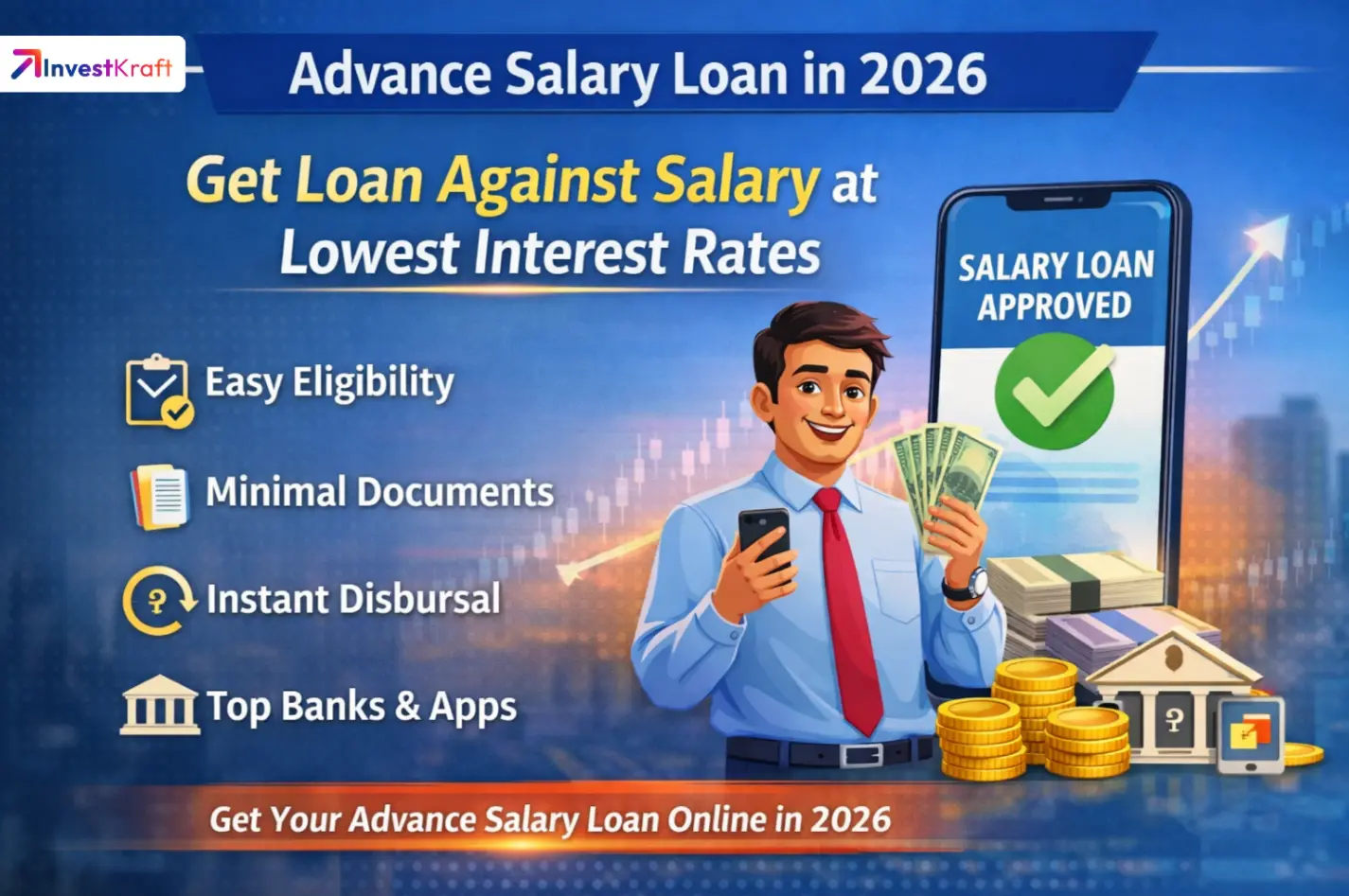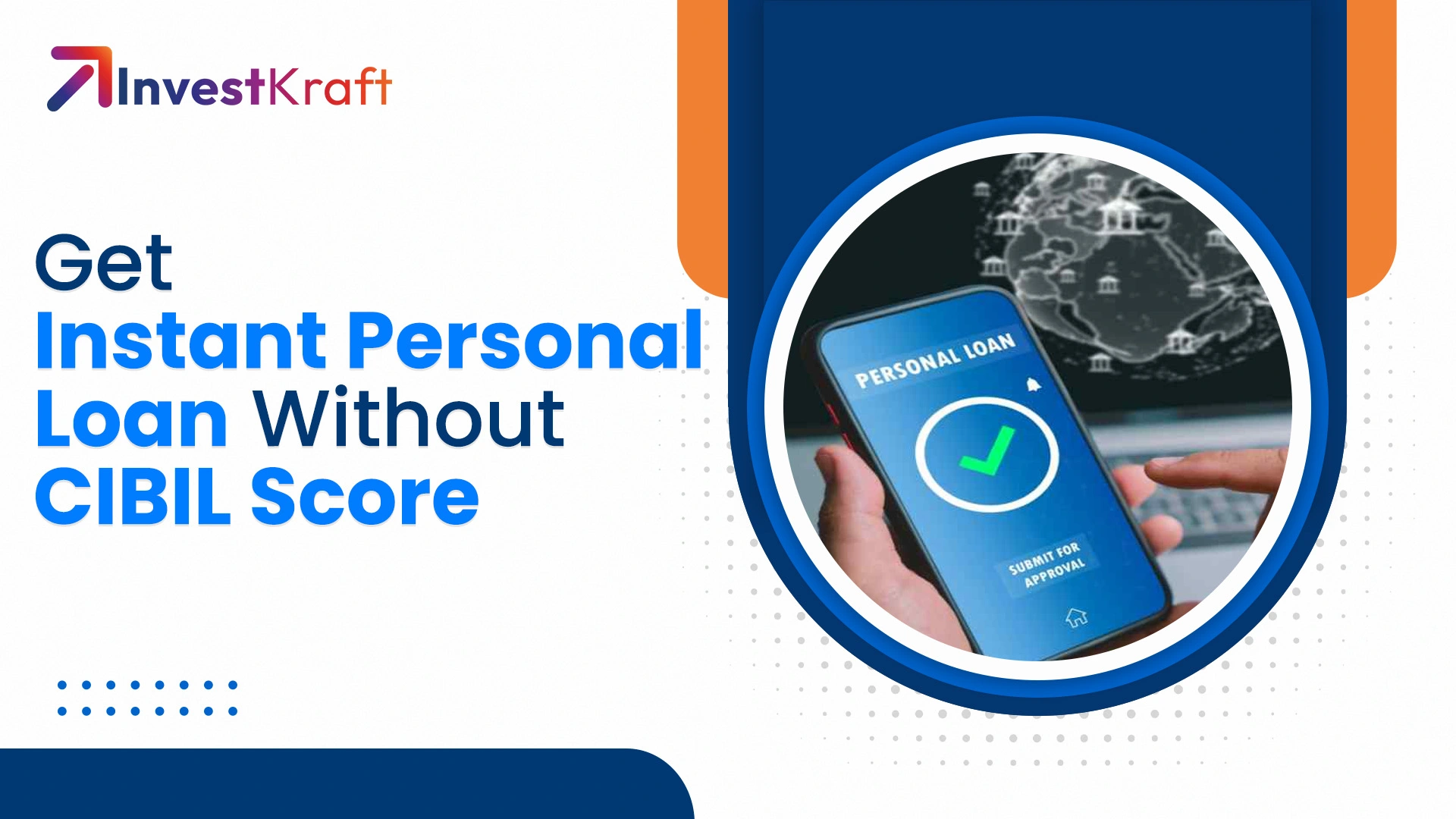6 Factors That Will Not Affect Your CIBIL Score

The CIBIL stands for Credit Information Bureau (India) Limited (CIBIL). It is the first Credit Information Company (CIR) in India founded in 2000. Among the four Reserve Bank of India (RBI) licensed companies, this is the most popular one. However, three more companies have the license of RBI to function as credit information companies. These companies are Experian, Equifax, and Highmark.
These companies are included in the process of checking the credit score of the user and then sending it to the banks, lenders, and NBFCs. However, having a good credit score is important nowadays to get a loan, and because of that many rumors spread in the market about increasing your score. In the article, 6 misconceptions about CIBIL scores are mentioned that do not have any relation to increasing or decreasing your credit score at any range.
What is the CIBIL Score?
CIBIL collects and maintains records of an individual’s loan and the payment of credit cards every month. Then this data is used to create the Credit Information Reports (CIR) and shared with the institutions to evaluate and approve the loan applications. The credit score is a 3-digit numeric summary of your credit history, rating, and report range from 300 to 900. The higher the score is, the better your credit score.
6 Myths About CIBIL Score
The following are the myths about the credit score that people usually think:
1. Bank Balance and Investment
The credit score is affected by loans you have taken, and not the savings and investments you have made. As your CIR only reflects your loan and credit card balance. The policies you have purchased, the amount present in your bank account, and fixed deposits are not used for calculating your CIBIL score. So, the multiple policies do not affect your score.
2. Bounced Cheque
Mostly people think that a bounced or stop payment cheque will have a negative impact on their CIBIL score. But there is nothing like that, as the bounced cheque is not taken into consideration for calculating the CIBIL score. This does not affect the score until it is related to the installment or repayment of the loan.
3. Change in Income
The change in income can affect your spending habits but not your credit score. As you will only spend as per your earnings. For example, if you were earning a six-figure salary, then you spend according to it. In case of a sudden decrease in income will affect your spending habits, but it will not have any impact on your credit score.
4. Debit Card Transactions
The CIBIL score is connected with your credit card and not the debit card. Any payment made by the debit card will not affect your credit score. If you use only a debit card and do not have a credit card or have taken any loan, then you will not have a credit score. The activities of debit cards are completely different from credit cards.
5. Checking CIBIL Score Regularly
If you think that checking your CIBIL score regularly will decrease it then it's a myth, as it does not affect it in any way. You should CIBIL score once every three months, but checking it once every two months is also fine. The banks usually update their customers' CIBIL scores at the end of the financial year. Checking your CIBIL score will not decrease it or even increase it.
6. Demographics
The credit report includes your personal information, such as your name and age. This information is independent of your current demographic situation. So, if you change your address, marital status, education level, religion, or any other factor, it does not affect your CIBIL score. CIBIL only collects limited information such as your name, contact details, residential address, and date of birth, and even if there are changes in these factors, it will not impact your CIBIL score.
Some Factors That Affect Your CIBIL Score
Doing the following things will help you increase your credit score to avail the multiple benefits associated with it.
- Make sure to pay your loan EMIs and credit card dues on time.
- Try to pay the full amount due, but if you can't, at least pay the minimum due amount.
- Consider turning on the Standing Instructions or auto-pay feature to avoid missing any EMIs.
- Keep your old accounts open as they reflect your long and healthy relationship with the bank.
- Check your credit report regularly to identify and resolve any errors or typos.
- If you notice any errors in your credit report, inform the bureau and dispute them immediately.
- Avoid applying for multiple credit cards or loans within a short period.
How to Check CIBIL Score?
The following are the steps for checking the CIBIL score by following the simple steps. Multiple companies offer the tool for checking credit scores. Some of the examples are the SBI Cibil Score tool and the Bajaj Finserv CIBIL score tool. However, you can choose InvestKraft, as it requires only a few steps:
Step 1: Visit the website of InvestKraft, and check the tool of Credit Score.
Step 2: Register your basic contact details for OTP verification.
Step 3: Fill the received OTP for further procedure.
Step 3: Share the relevant information as required.
Step 4: Check your latest Credit Report on display.
Step 5: Download the Credit Report, if required.
Similarly, you can check your CIBIL score by PAN card. To check the score, you must have a valid and original PAN card to access your free CIBIL score and report. As your PAN card is linked to all your financial and banking accounts, it helps the Credit Information Companies (CICs) and credit bureaus to easily locate your information.
CIBIL Score Range and What It Means?
- Not Applicable/No History: This shows that you have not used a credit card before. or never taken a loan. Because of that, you do not have a credit history.
- Poor (Less than 549): This range shows the minimum CIBIL score for credit cards and represents your delayed payment of credit card bills, and loan EMIs. Usually, people who are in this range don’t get loans easily because the chances are higher of becoming defaulters.
- Average (550 to 649): Similar to the poor score, people get this average score due to delayed payment of the loans. However, they are not the defaulters, they just delayed their payment of bills.
- Good (650 to 749): If anyone has a CIBIL Score falling in this category, indicates good credit behavior of the cardholder. This will help in easy loan approval and increase your credit score. However, getting a loan, at a favorable interest rate will be a challenge.
- Great (750 to 799): This score range shows the timely payment of the credit, without any delay. Because of a good credit history, lenders provide loans at a good rate, as the chances of an individual becoming a defaulter are less.
- Excellent (800 to 900): The management of finances, regular payment of credit bills, low utilization of credit, and perfect credit history give you this excellent score. You are not a risk to the lenders, Banks, or lending institutions because of that, they offer you loans at favorable terms and rates. Also, give you credit cards without much documentation.
Conclusion
People have multiple misconceptions about credit scores. But we can say that having a good credit score has multiple benefits, and the credit card holder must focus on things that can help their CIBIL score to increase. They should not fall for misconceptions. A higher credit score will help you get a loan or credit card at a favorable interest rate. And, a high credit score can provide you with benefits such as lower interest rates, better repayment terms, and quicker loan approval.
Related Posts;
- Personal Loan for Low CIBIL Score of 550
- Personal Loan for a CIBIL Score of 550 to 600
- Get a Personal Loan With a Low CIBIL Score
- Personal Loan For Low CIBIL Score in Bangalore
- Get a 50,000 Loan Without CIBIL
- Get a Business Loan With a Low CIBIL Score
- SBI Personal Loan with a 672 CIBIL Score
- Ways To Improve Your Credit Score
- Get a Loan With a Cibil Score of NH
Verify Phone Number
Related Post

Advance Salary Loan in 2026: Get Loan Against Salary at Lowest Interest Rates
There are times when you need money, but you do not have property, fixed deposits, gold, or en...
Read more...
How to Get an Instant Personal Loan Up to Rs.50,000 Without a PAN Card
Have you ever been in a situation where you needed a personal loan instantly but did not have...
Read more...
Instant Personal Loan Without CIBIL: How to Get 50,000 to 5 Lakh Easily
Sometimes, an emergency financial situation comes up, and we suddenly find ourselves out of options....
Read more...
A Complete Guide to Consumer Durable Loans in India 2025
Are you dreaming of a sleek new refrigerator, a powerful washing machine, the latest smartphone, or...
Read more...
A Complete Guide to Getting a Loan as a Self-Employed Individual in India
Being self-employed comes with a lot of freedom—you set your own hours, follow your passion, a...
Read more...
Top 10 Must-Know Tips Before You Apply for an Education Loan in India 2025
Embarking on higher education is a pivotal moment in life, a stepping stone towards achieving...
Read more...
Everything You Need to Know About Personal Loans for Women 2025
The entrepreneurial spirit knows no gender. Across the globe, women are brimming with innovative ide...
Read more...
How Professional Loans Can Help Freelancers and Entrepreneurs Grow Their Business?
India, a vibrant hub of innovation and enterprise, is witnessing a remarkable surge in both fr...
Read more...
Travel Without Financial Worries: Benefits of Travel Loans in India
Imagine this: sipping chai in the misty hills of Darjeeling or lounging on Thailand’s golden b...
Read more...
Top 5 Tips to Get the Best Vehicle Loan in India 2025
Imagine cruising down the wide roads of Delhi in your brand-new car or zipping through the city traf...
Read more...Reach out to our Experts if you have any Doubts
Like the best things in life, Consultations @InvestKraft are free
Drop a Mail or give us a Missed Call & Begin your Investment Journey here







